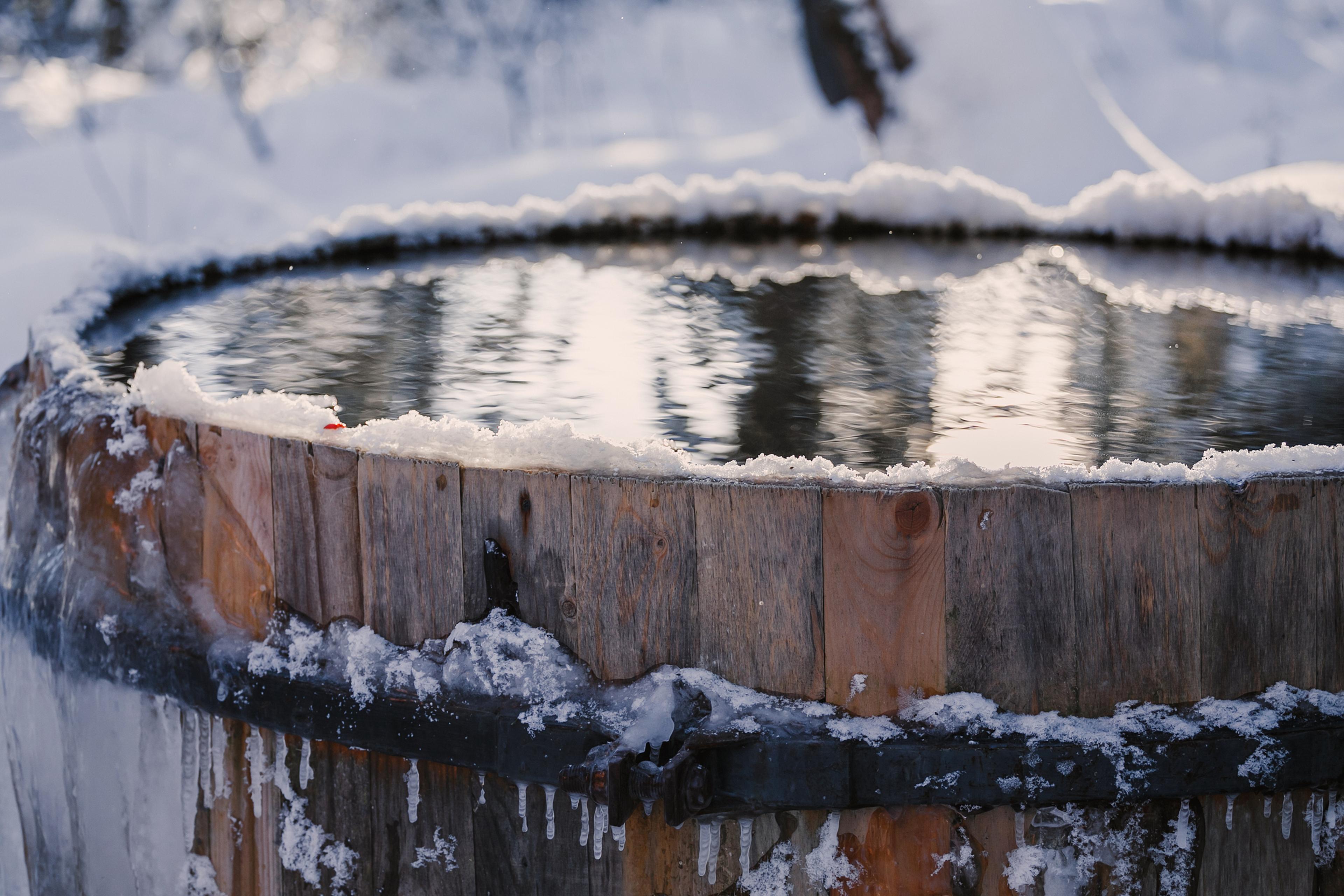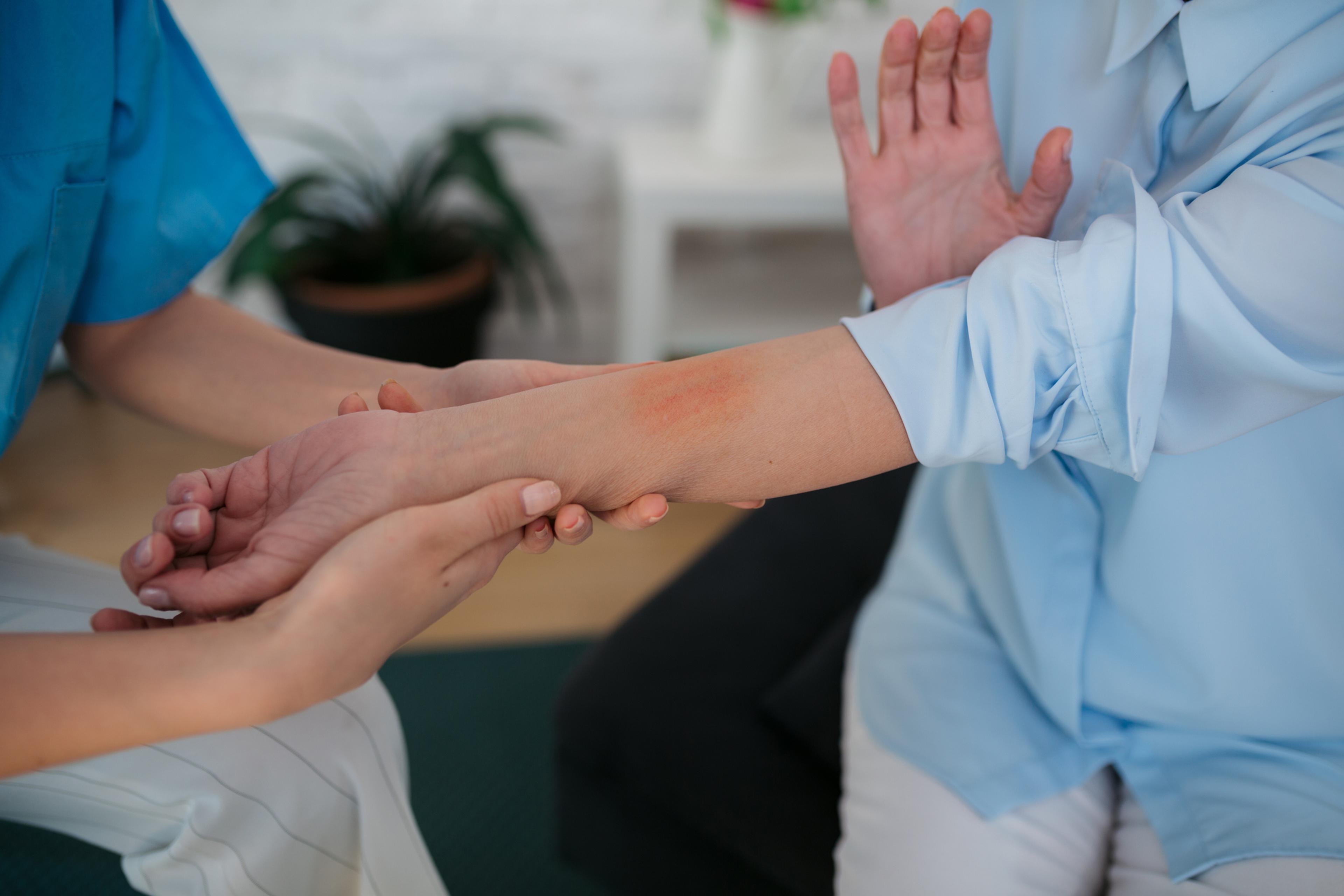Should I Cold Plunge Before or After a Workout?
Jake Newby
| 4 min read

It’s no hot take to say that cold plunges were one of the big breakout social media trends of 2023. Also known as ice baths and cold-water immersion, the science surrounding cold plunges is a bit polarizing. Research supports both health benefits and health hazards, depending on variables like water temperature, duration of the plunge and personal tolerance.
But for high-level athletes and avid gym-goers, research suggests cold plunges are complementary to vigorous exercise. Are you thinking about taking the plunge? Read up on whether it’s more beneficial for your body and mind to do so before or after a workout.
What are cold plunges?
Fully submersing yourself in cold water is cold plunging. It can take place in a bathtub, tank, pool, or natural body of water. It’s a health technique that’s been utilized for ages, all over the world. Today, as you may have very well seen it performed on TikTok and other social media platforms, cold plunges consist of immersing oneself in near-frigid water for a short spurt of time.
Some studies suggest the 50- to 59-degree Fahrenheit range as the optimal cold plunge temperature. If you’re new to the technique, you should aim for 10 to 15 minutes of cold-water exposure. Experts agree that once you increase your tolerance for uncomfortably cold water, you can then begin to increase the minutes you spend cold plunging. You can take them multiple times a week, as there is no recommended limit.
Potential benefits of cold plunges
Anything you read on cold plunge benefits will almost always come with the caveat that more research is needed. It’s standard for professional athletes to slide into a metal tub filled to the brim with ice water after a game. That’s because to an extent, research has supported their cold plunge benefits related to soreness, joint and pain inflammation and recovery. They’ve also been linked to weight loss and fat burn, because of their ability to turn white fat into brown fat, which helps you burn calories by creating heat right before your body starts to shiver, a process known as thermogenesis.
A recent research review examining 52 studies stated that cold plunges and ice baths after high-intensity workouts can increase muscle power, help muscles recover and reduce muscle soreness.
Other studies have supported the mental health benefits of cold plunging, including one ongoing trial that highlighted the potentially positive impact cold water swimming has on anxiety and depression. Many experts also note the ability cold plunges and cold exposure in general has to cause a dopamine release, which helps the body cope with stress.
Cold plunges also increase the body’s production of norepinephrine – which is made from dopamine. This neurotransmitter increases alertness, arousal, attention and helps maintain blood pressure in times of stress.
Potential drawbacks of cold plunges
Hypothermia: Our body temperature continues to drop the longer we are immersed in water of sub-70-degree temperatures. This can lead to hypothermia or a cardiac event, as cold-water immersion can adversely affect the heart, blood vessels and respiratory system of some people.
“Cold shock:” It’s crucial to avoid cold plunging in temps below 60 degrees °F. Temps this cold can cause the body to enter a state of “shock,” leading to involuntary gasping and spikes in both blood pressure and heart rate. These outcomes can impair the ability to think and make decisions.
Drowning: Another risk is the loss of muscular control. A person spending far too much time immersed in near-frigid temps may become weak or exhausted and struggle to control their arms and legs, which could lead to physical incapacitation.
Should I cold plunge before or after a workout?
Now for the highly debated topic on when you should cold plunge to maximize a workout. The answer is nuanced. If your goal is to build size, strength and endurance of muscles ,you should wait at least six hours after a weight training session. This time gap is key because cold-water immersion can limit some gains hypertrophy – also known as the increase in muscle size – strength or endurance if done any sooner after training, according to Stanford University Neuroscience Professor Andrew Huberman.
If your goal is to try and recover without adaptation – meaning you are not aiming to get stronger, but just want to relieve soreness, like an athlete might after competition – taking an ice bath within an hour after a workout in which muscle hypertrophy is not the goal can help you accomplish that. Further research is needed to determine if cold plunging prior to a workout has anything other than a neutral effect on a forthcoming exercise.
Regardless of when or why you decide to take an ice bath or cold plunge, talk to your doctor first. Underlying health conditions may disqualify you from trying it. Doctors also typically don’t recommend it for people who are pregnant, have heart disease or asthma.
Continue reading:
Photo credit: Getty Images





